From Talking Drugs by MillaMay Garrow November 9 2023
The regulation of cannabis in Jamaica is an important issue to get right given the countries’ historical and cultural link to the drug. With its arrival in the mid-19th Century from Indian indentured servants, cannabis quickly became aligned with social and political movements of the time, specifically emerging as a sacrament of the Rastafarian community. As part of the wider international effort to prohibit drugs worldwide, coupled with backing from white Jamaican elites targeting working-class habits, cannabis was listed as a prohibited substance internationally and domestically in 1913.
A brief history of Jamaican cannabis control
The Nixon-launched War on Drugs further accelerated the violence and repression around the cannabis trade: the U.S.’ “hardware” approach to drug control meant massive investments poured into the Caribbean Island to strengthen the state’s security apparatuses. This expanded law enforcement agencies’ capacity to arrest, suppress, and monitor those involved within the illegal cannabis industry.
The turn of the century created renewed attempts to reform cannabis’ legal status, such as the formation of the 2000 Ganja Commission Board which aimed to carry out a comprehensive review of the issues surrounding cannabis. However, due to a lack of political willingness within Jamaica — as the issue was denoted “too early within the global politics of ganja” — reform efforts were shelved.
The decriminalisation of small amounts of cannabis through the 2015 Dangerous Drugs Amendment Act ushered in an era of quasi-commercialisation that enabled its cultivation “for therapeutic purposes”. A Cannabis Licensing Authority Board (CLA) was established to award cultivator licenses. Yet, these come with strict costly regulations such as CCTV surveillance and individual tagging of plants. Despite hope from the former CLA Chair, Andre Gordon, that regulation would support indigenous cannabis cultivation and provide economic benefits to rural farmers, the reality was completely different. Restrictions on licenses meant rural cultivators lacked capital to transition into the legal market. Additionally, multi-national Canadian cannabis firms like Aphria and Canopy Growth purchased local companies and licenses to grow at a massive scale, primarily cultivating for export.
It is clear that fixing the historic criminalisation of the plant does not translate to justice for those who have been the victims of its prohibitionist policing for over a hundred years. Nor does it solve the issues surrounding the state and local farmers being overtaken by international trading partners.
We must establish how to implement drug policy that resolves these issues through recognising the importance of the drug on Jamaican livelihood and culture. The state needs to resist economic and cultural pressures from the West by establishing cannabis policies that reflect and support traditional use and repair historical damages. This is primarily through supporting the local development of industry, including farmers and their communities.
Bringing farmers in
The 2015 cannabis ruling has not been well received by the people of Jamaica, particularly traditional ganja farmers. The amendment to the Dangerous Drugs Act meant that a local market remains prohibited, with only possession decriminalised.
Due to Jamaica’s reliance on international order, the CLA has struggled to take further action, creating tension with traditional farmers in Jamaica who have grown frustrated at the lack of a legal market to sell their product. Canadian cannabis companies are now exporting cannabis back into Jamaica and undercutting the local market. Due to economic and legal restrictions faced by local farmers in Jamaica, they cannot export their own product into Canada. Therefore, the legal market is inaccessible, forcing Jamaicans to rely on the illicit cannabis trade, perpetuating the criminal divide between those that can afford to access the legal market, and those that cannot.
Western policies dictating international regulations are not new within the Americas and the Caribbean. When policy is implemented without addressing this history, Western interests tend to dominate. As Vicki Hanson, a member of the International Drug Policy Consortium, argues “the international drug control changes were first introduced and established on premises of discrimination and prejudice toward certain culture and people on a colonial basis.”
Breaking the cycle of exploitation
And so, how do we go about breaking this cycle? The move towards legalisation may seem ideal, but in practice legal reform risks perpetuating racial capitalism and inequalities created by the global economy rather than strengthening the advancement of reparative racial justice. Within Jamaica, the government has attempted to widen the market for the inclusion of tradition farmers. This includes reduced fees, payment plan policies, and eased security requirements needed for legal cultivations.
Additionally, during the 2020 review of the International Drug Treaty, Jamaica openly advocated for further cannabis reform, stating: “the current international drug control architecture does not allow to address national realities and unique circumstances, but it is also at the core of discussions on criminal justice reforms and human rights, in particular freedom of religion is here.” However, this alone is not enough, as policies introduced for drug reform must construct a new world rather than solely address the damage created by the current one. Unless reparative justice is at the core of drug policy, we risk advancing racial disparity instead of counteracting it.
We must also question why Western drug policies, which are not fit for purpose for countries with traditional or indigenous use of controlled drugs, are enforced upon communities with long-standing connections with cannabis. Take for example, profitable Western security measures, such as the required implementation of hard fences and security cameras, are consistently prioritised over factors more beneficial to local farmers, such as the importance of community cohesion and geographical location. Why is cannabis policy measured on the “global politics of ganja”, when those who view the drug as a traditional sacrament to their beliefs are given no voice?
To move forward in a manner that challenges these racial hierarchies, we must rethink how to implement drug policy: transitioning from if to how. We must make an active effort to correct the historical wrongs perpetuated by the War on Drugs, understanding the racial violence and capital accumulation that the global drugs industry has brought together, and the laws and policies that have kept this in place.
Within Jamaica’s cannabis reform, we must make sure there is transparent access to requirements for the transition from an illicit to a licit market for all, whilst making sure this transition is successful to ensure economic harm is not perpetuated through reform. Policies must go beyond performative measures and address the historic racial inequality that risks being strengthened by drug reform today. In doing so, a voice and a legal platform can be given to those who deserve it, and we can begin to dismantle the racialised War on Drugs that is so deeply entrenched in our society.

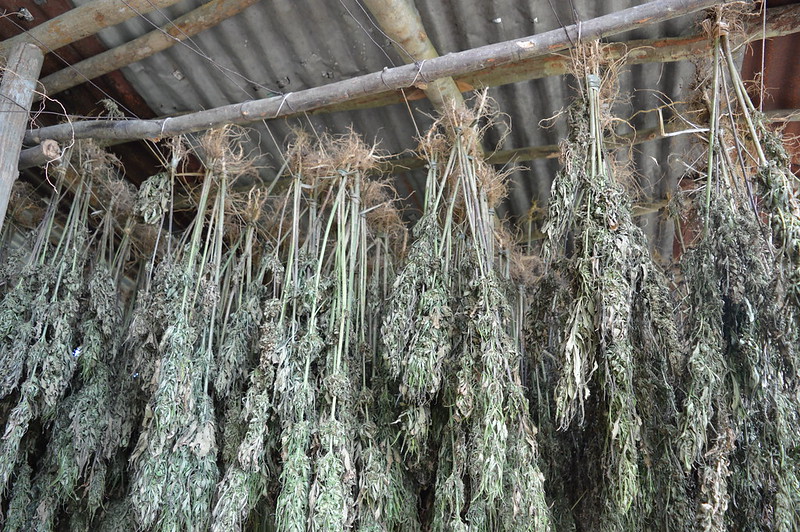

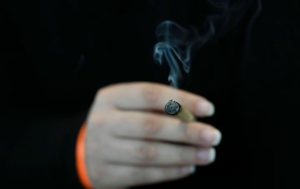

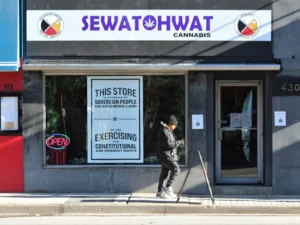
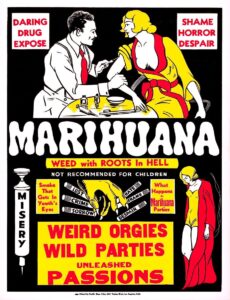
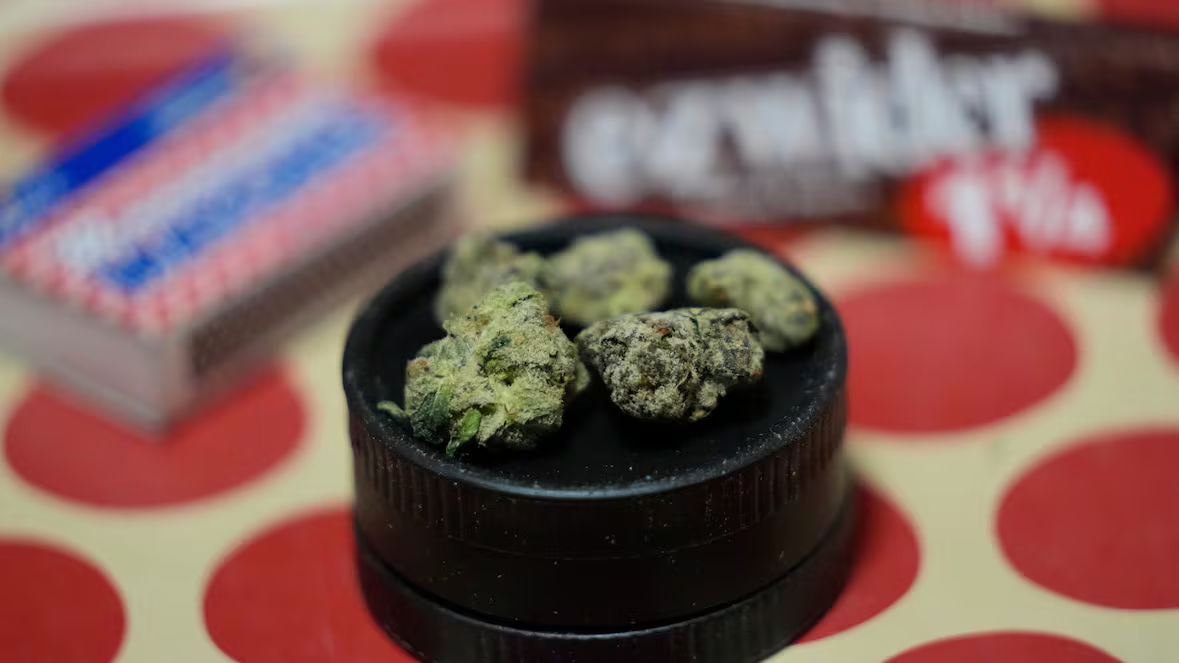
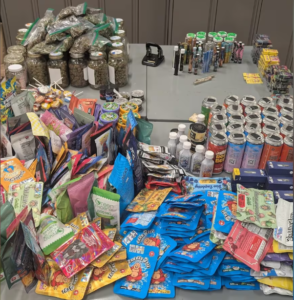
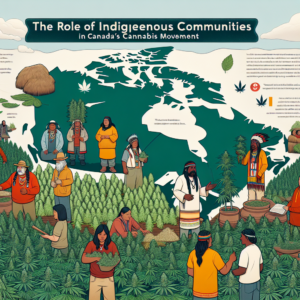
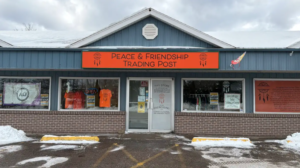

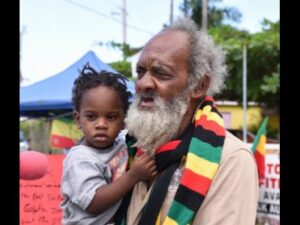

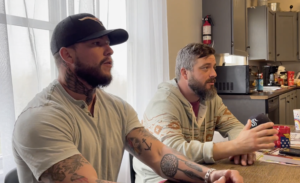
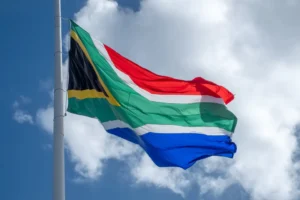

Comments are closed.